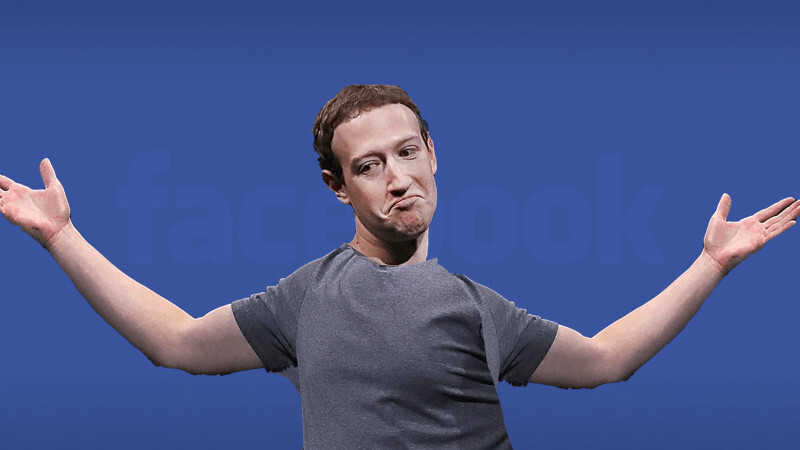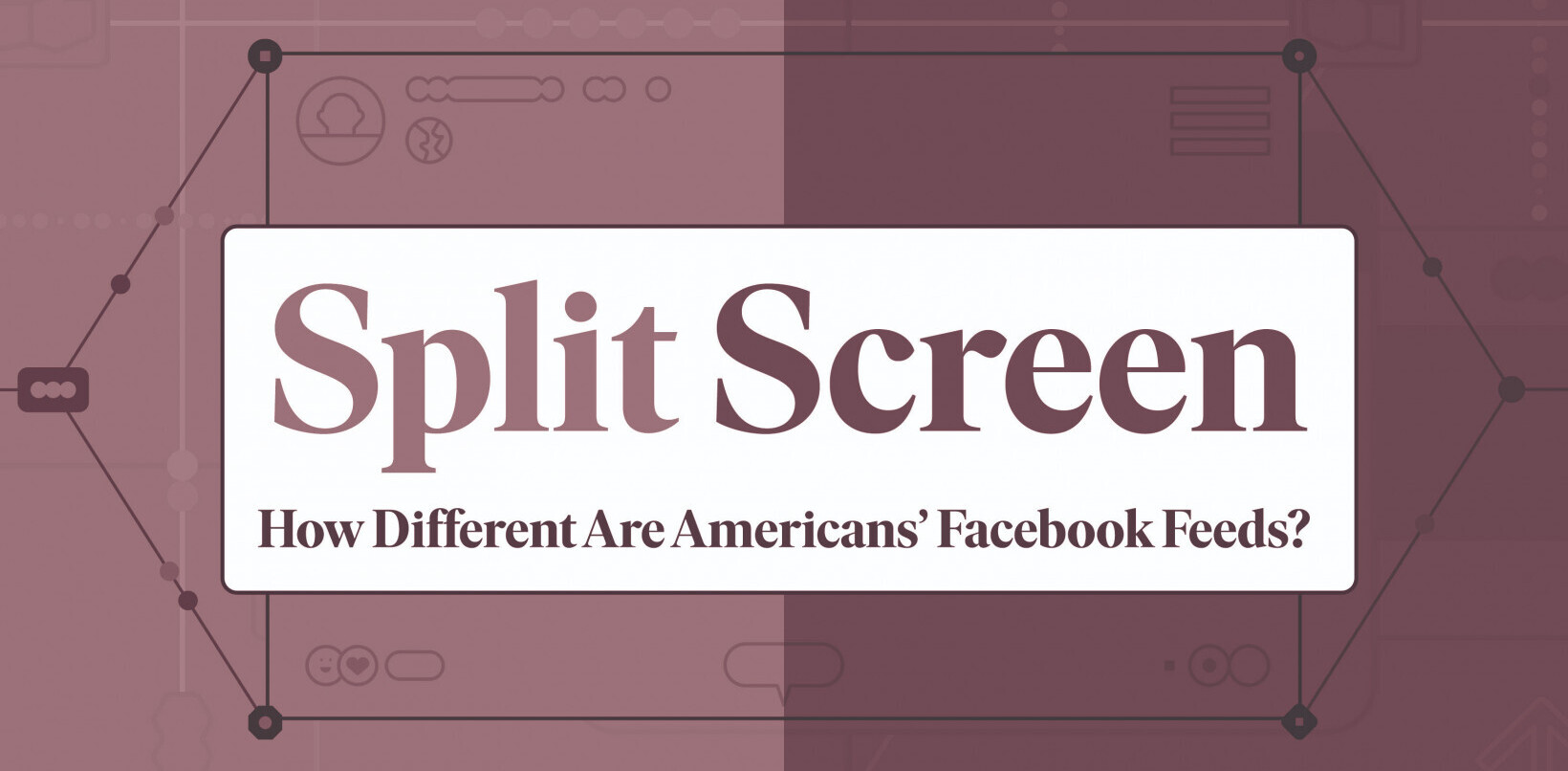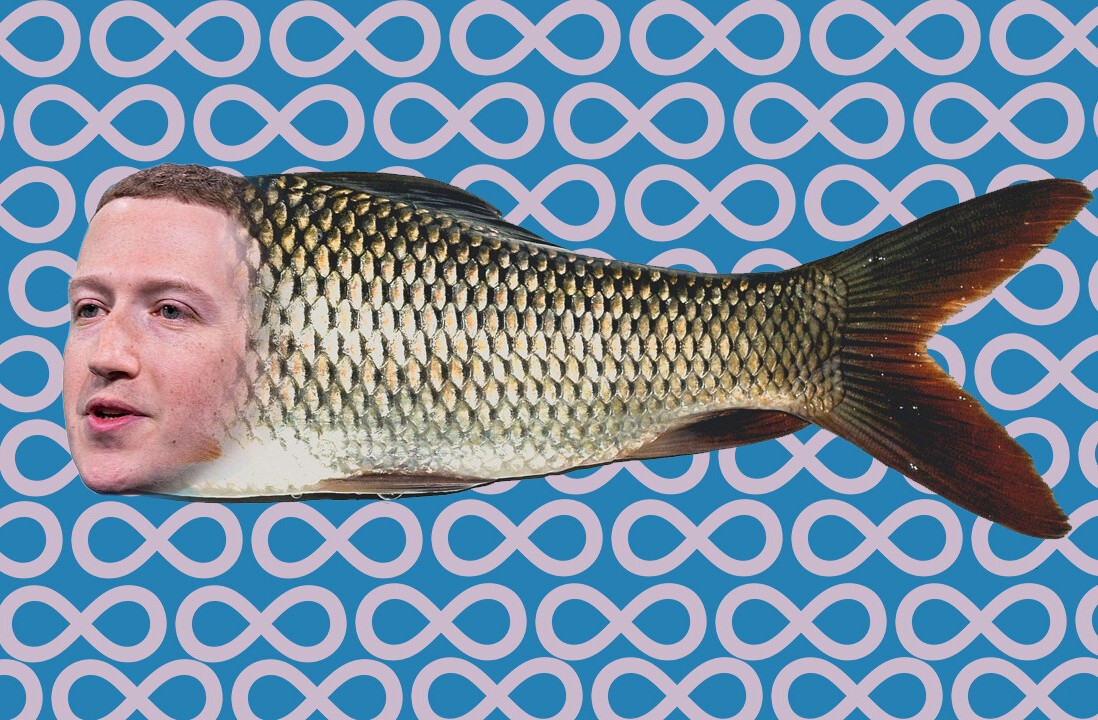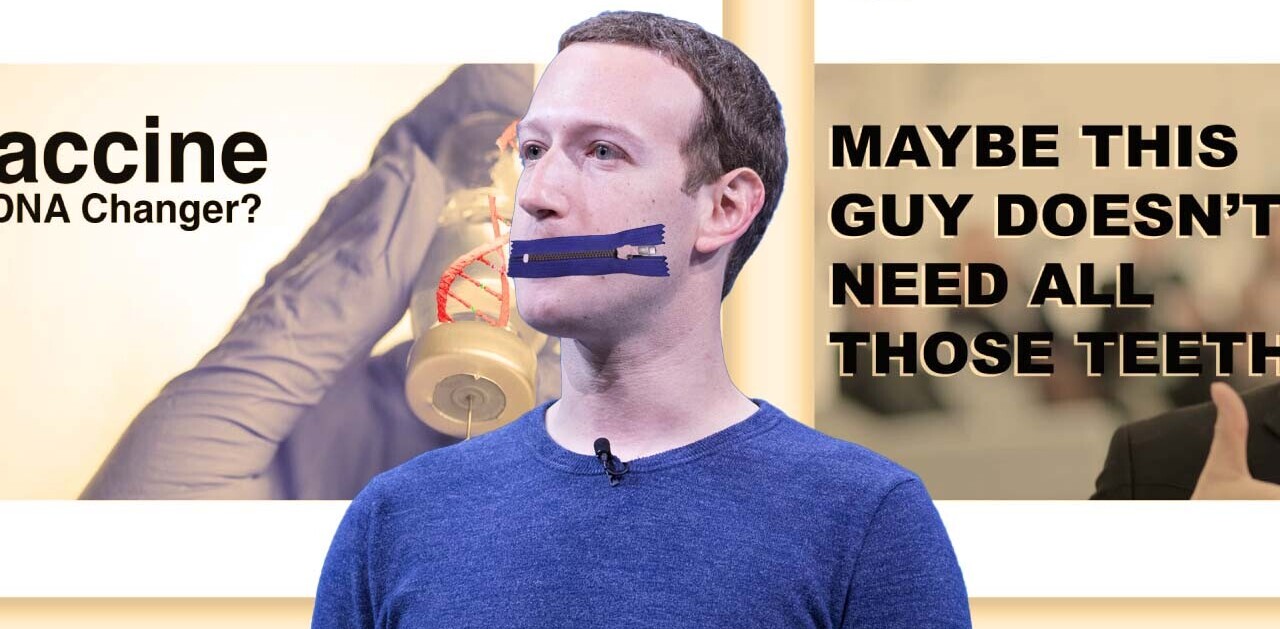
We should have known that Facebook was abusing our data. Why? Because lots of privacy activists told us so. Since most of them are too good of a human to rub that in our nose, we went ahead and forced them to accept our spoonfed quote. Hopefully, next time we will listen.
Rick Falkvinge, founder Pirate Party
Also,
“We told you about the NSA, and you didn’t listen. We told you about Facebook, and you didn’t listen. A surveillance society can be erected in just ten years, but takes centuries to roll back. Please pay attention to what’s happening before we’ve got generations of dystopic work ahead of us. The civil liberties of our parents are not being passed down to our children.”
Cory Doctorow, author, editor of Boing Boing

And added:
“One more thing: I think this is the moment of ‘peak indifference.’ We spent 20 years trying to get ppl to care about privacy, but failed, for the same reason that climate change warnings fell on deaf ears: a powerful mix of expensively sown doubt from profiteers and the difficulty of understanding consequences that are separated by a lot of time and space from their actions. No one could get better at hitting a ball if they only found out which swings connected twenty years after the fact — the outcomes of our privacy choices are often not manifested for decades.
Once the consequences roll in — whether its Cambridge Analytica or Hurricane Maria — we hit peak indifference. From now on, the number of ppl who understand there’s a problem will only ever go up, because we’ve carbonized the atmosphere (and also filled the online atmosphere with critical masses of immortal personal information smog) and the effects of that pollution will mount and mount, remorselessly, and it will become harder and harder to deny that there is a problem.
After peak indifference, tactics change. We don’t need to devote nearly as much energy to convincing people that there’s a problem; our failures to do so in the decades gone by will do that job for us. Now we need to convince them that something can be done about it. Instead of warning them that FB and the rest of the surveillance-industrial complex are bad for their health, now we have to convince them that FB and their pals *knew* they were melting the world, and that they did it anyway, because they figured they’d make so much money from their despoilment that they could afford private guards and high ground to retreat to as the floodtides rose. Now our job is to give people the names and phone numbers and home addresses of the despoilers, and start handing out pitchforks and torches.”
Aral Balkan, digital activist

Also,
“Yes, I’ve been warning about the dangers of surveillance capitalism and data collection by the likes of Google, Facebook and the entire adtech industry for years. In fact, here, “have a cookie” because you’re being tracked by those same companies as you read this very article on The Next Web. (Unless you have a tracker blocker active, that is.) No, there’s no pleasure in being right about this. Especially when this toxic business model is so ubiquitous that you cannot even read about it without being exposed to it.
Surveillance Capitalism isn’t just how Facebook and Google make money, it is how most publishers, including The Next Web make money. Thankfully, there are people working on ethical alternatives to this mainstream like the federated Twitter alternative Mastodon and Indienet; our own federated personal web site project supported by the The City of Ghent. If you want a future where you can live without constantly being tracked and profiled, help fund and support such initiatives.”
Andrew Keen, author The Internet Is Not the Answer

But also:
“Actually I didn’t tell you so. I was mostly wrong. In 2007, I predicted that Facebook wouldn’t grow into a significant business. What did I ever know?”
Esther Dyson, executive founder Way to Wellville

And,
“I would actually say that the “I told you so!” is more about individuals’ responsibility for understanding what is going on… rather than expecting a for-profit, Silicon Valley company to be a protector of their products’ “rights.” (And it’s certainly not about FB in particular, because I probably said it back in the 90s.
Facebook’s product is users’ attention (sold to advertisers), and that has been clear for a long time. Yes, in addition FB was extremely careless in terms of monitoring third parties’ (e.g. Cambridge Analytica’s) behavior. But to say that this is unexpected or a surprise is about as sensible as saying that sexual harassment by people with power is a surprise. “Everyone” knew, but there was collective reluctance to take on the issue at a scale that would actually have impact. And now, in both cases, things have changed.
In essence, FB’s problem is a supply-chain problem: They don’t want to know the details of how their customers’ attention is created/attracted. The attention/advertising business is a murky world of packagers and resellers and “well, we had a contract with them but of course we had no way of actually monitoring their adherence.” now, as with food and labor, people are demanding that the final seller look back into the supply chain.”
Peter Sunde, founder The Pirate Bay, Njalla, Flattr

Also,
“Well, you can call me Nostradamus if you’d like, because I’m always right. It’s not even hard to see what’s coming in the near future, just look at history and know that it repeats itself. It’s a saying because it’s true. :)
So, yeah, I did tell everyone this. Lots of times. And was always surprised at how little people have cared about this. I even hoped for a crash, similar to what has happened now with Cambridge Anal ytica, since people need a wakeup call. Look at what Swedish TV reported about Grindr (the HIV-thing) and people might realise that we’re lucky it wasn’t worse than just getting Trump elected… :-)”
Richard Stallman, president Free Software Foundation

But,
“If you quote me as saying ‘I told you so,’ in a context that limits it to Facebook, that would misrepresent me. It would be a gross understatement.
What I have told people, for years, is: The only database of personal data that can’t be used to hurt us is the one that is not collected. For your freedom’s sake, join me in rejecting and resisting systems that collect data about our actions, communications and movements.
Want to quote me saying that?”
Cindy Cohn, executive director Electronic Frontier Foundation

Moreover:
“For reference, it’s not just Facebook, but rather the whole system of ad-based models. I called it ‘the surveillance business model'”
Additional quotes collected by our Matthew Hughes and Már Másson Maack
Get the TNW newsletter
Get the most important tech news in your inbox each week.





